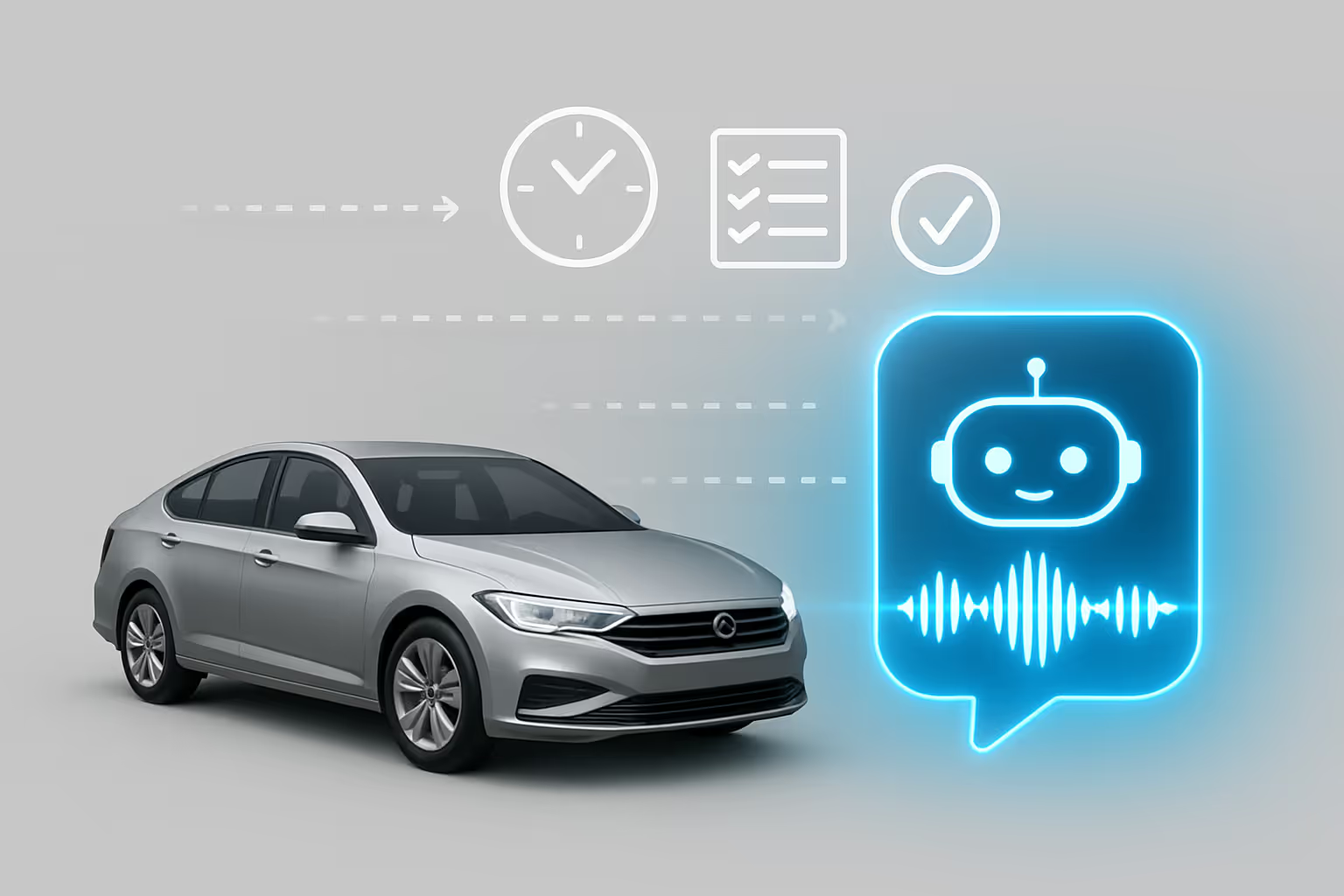Transforming Car Insurance Claims: The Rise of AI Voicebots
In the fast-paced world of car insurance, the pressure to handle claims efficiently has never been more intense. Customers, accustomed to the instant gratification provided by digital services, expect their insurance providers to follow suit. Yet, traditional claim processing methods lag behind, fueled by cumbersome phone interactions and manual data entry. Enter AI voicebots—a technological leap that promises to streamline and accelerate the first notice of loss (FNOL) processes.
The Problem of Prolonged Claims
A delay in claims processing not only frustrates policyholders but also burdens insurers with increased administrative costs and resource allocation challenges. The traditional FNOL processes, often reliant on human operators and outdated systems, can be riddled with inefficiencies and errors. These bottlenecks not only slow down claim resolutions but can also lead to significant financial losses due to incorrect data capture and escalated customer dissatisfaction.
AI Voicebots: A Game-Changer in FNOL
AI voicebots, like those developed by Fluents, are transforming the landscape of claim intake automation. By implementing AI voice intake solutions, insurers can handle inbound and outbound calls rapidly and with remarkable consistency. These systems enhance efficiency by ensuring sub-second latency, providing real-time consent capture, and offering audit-ready transcripts for compliance purposes.
Consider a scenario where a policyholder is involved in a minor accident. Instead of being put on hold or wrestling with complex menus of a static IVR, the policyholder interacts with an AI voice agent that captures all necessary information accurately and expedites the claim submission process. This shift not only accelerates intake but also ensures consistency in data collection—significantly reducing average processing times.
Operational and Ethical Considerations
AI-driven FNOL systems do not merely increase speed—they also enhance the operational landscape for insurers. Automation minimizes human error and allows for more accurate auto claim triage. However, these systems must be deployed with careful attention to ethical considerations, particularly around customer privacy and data security.
Fluents' platform, in particular, addresses these concerns by generating audit-ready transcripts that ensure operations remain compliant with industry standards. This transparency fortifies trust between insurers and policyholders while maintaining regulatory compliance.
Industry Implications and Future Directions
The adoption of AI voice technology in car insurance is paving the way for a more streamlined industry. As companies continue to integrate these solutions, they will need to explore further opportunities to enhance personalized customer experiences and system interoperability.
Looking ahead, the insurance sector must aim to harness AI not just as a tool for efficiency but as a partner in decision-making. By coupling AI insights with human ingenuity, insurers can anticipate customer needs and tailor offerings accordingly—leading the charge towards a truly intelligent, customer-centric future.
As AI voicebots become integral to insurance operations, the industry can anticipate a landscape marked by enhanced speed, precision, and satisfied customers. This transformation, driven by platforms like Fluents, heralds a new era of innovation in car insurance, where efficiency and empathy intersect.
From 10 calls a day to 85,000, Fluents scales with you. Automate globally, integrate deeply, and never worry about your call infrastructure again.

Stay Connected
Check out our latest updates, customer stories, and resources to keep leveling up with Fluents.
FAQs on Car Insurance AI Voicebots
Find answers to common questions about streamlining car insurance claims with AI voicebots.
AI voicebots revolutionize the first notice of loss (FNOL) processes by significantly enhancing efficiency and speed. Traditional claims processing often involves cumbersome phone interactions and manual data entry, which can delay resolutions and frustrate customers. AI voicebots, however, streamline these processes by automating the intake of information. Customers engage with AI voice agents that capture necessary data accurately in real-time, reducing average processing times. With capabilities such as sub-second latency and real-time consent capture, AI voicebots ensure faster and more consistent data collection, leading to quicker claim submissions and increased customer satisfaction. Moreover, the creation of audit-ready transcripts supports compliance with industry standards, benefiting both insurers and policyholders.
Deploying AI voicebots in the insurance sector demands careful attention to ethical considerations and compliance to ensure privacy and trust. As these systems automate sensitive processes like FNOL, protecting customer data becomes critical. The key lies in creating audit-ready transcripts that ensure operations adhere to regulatory standards, thus building trust between insurers and policyholders. Fluents' AI platform addresses these concerns by providing transparency and compliance features that include real-time consent capture. This transparency fosters an environment where automation doesn't compromise ethical standards. Insurers must prioritize clear communication about data usage and implement robust security measures to protect personal information, thus maintaining customer confidence in AI-driven processes.
The future of AI in car insurance is poised to deliver a landscape rich in innovation and customer-centric solutions. As AI voicebots become more integral, insurers will evolve from merely seeking efficiency to nurturing AI as a partner in decision-making. The adoption of AI implies a shift towards anticipating customer needs through advanced data insights, allowing for personalized offerings. Moreover, continuous integration will focus on system interoperability and enhancing user experience. Insurers will likely explore AI not just as an operational tool, but as a strategic asset that collaborates with human expertise to enhance decision-making processes. This evolution promises a future where AI and human intelligence converge to drive excellence in customer service and operational precision.




